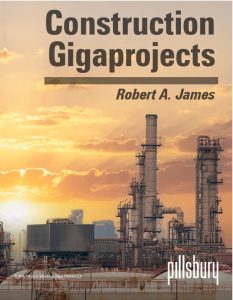This post reviews the U.S. Supreme Court’s significant regulatory and administrative law decisions from the Court’s 2024 Term and previews cases on the docket for Fall 2025. While the term produced no true “blockbusters,” the Court displayed particular concern with how lower federal courts have been applying the National Environmental Policy Act (NEPA), and it clarified the already complex judicial review provisions of the Clean Air Act (CAA). At the same time, the Court declined invitations to revisit contentious issues surrounding CAA citizen suits and avoided intervening in the wave of state-law climate change litigation. Consistent with its current composition, the Court continues to take a conservative approach, closely hewing to statutory text and structure.
Our review is organized in three parts: first, environmental and energy law cases; second, administrative law rulings that delineate the boundaries of the Administrative Procedure Act (APA); third, we discuss the environmental, energy and administrative law cases the Court has agreed to hear in its October 2025 Term.






